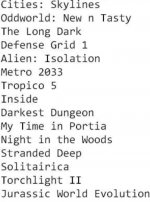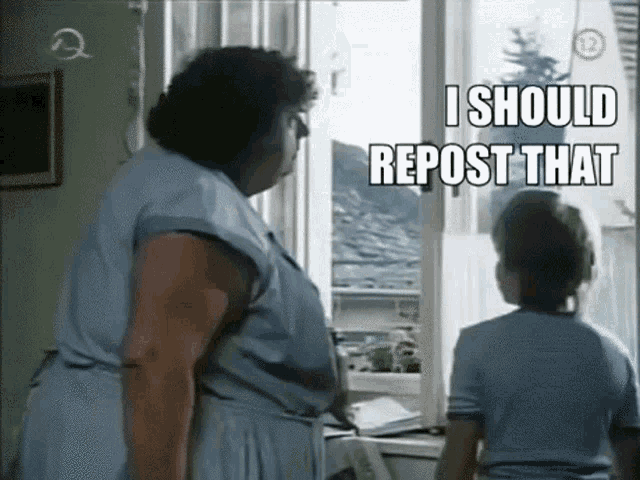- Joined
- Nov 27, 2012
- Messages
- 13,728
Το ότι πολλά παιχνίδια σε υποχρέωναν να έχεις steam ακόμα και όταν έπαιρνες το δισκάκι δεν μετράει;
Εξαρτάται ποιο πράγμα μετράμε. Όλα τα παιχνίδια έχουν κάποιο σύστημα/backend που διαχειρίζεται πράγματα όπως achievements, cloud saves, matchmaking, multiplayer. Κάποιοι developers/publishers χρησιμοποιούν το δικό τους(π.χ. Origjn, uPlay, Battle.net), άλλοι κάποιο έτοιμο (π.χ. Steamworks, Xbox Live, Epic Online services). Για το θέμα που έθιξα, η επιλογή του συστήματος αυτού δεν γνωρίζω να επηρεάζει με κάποιον τρόπο την επιλογή του καταστήματος από το οποίο μπορείς να αγοράσεις, δηλαδή η Valve δεν υποχρεώνει κανέναν στην χρήση του Steamworks για να πουλήσει στο Steam ούτε απαγορεύει την πώληση Steamworks-enabled games αλλού.
Πού σχετίζεται αυτό που γράφω με αυτό που απαντάς?
Νομίζω πως σχετίζεται στο κομμάτι του τι σημαίνει μονοπώλιο το 2005. Τότε είχαμε μια αγορά που ήταν ακόμα κατά 95% physical/retail. Στο digital κομμάτι σύμφωνα με την Wikipedia υπήρχαν ήδη πολλαπλοί ανταγωνιστές:
An early innovator of the digital distribution idea on the PC was Stardock. In 2001 Stardock released the Stardock Central to digitally distribute and sell its own PC titles, followed by a service called Drengin.net with a yearly subscription pay model in summer 2003. In 2004, the subscription model was substituted by TotalGaming.net which allowed individual purchases or pay an upfront fee for tokens which allowed them to purchase games at a discount. In 2008, Stardock announced Impulse a third-generation digital distribution platform, which included independent third-party games and major publisher titles.[9] The platform was sold to GameStop in May 2011.[10][11]
The period between 2004 and now saw the rise of many digital distribution services on PC, such as Amazon Digital Services, GameStop, Games for Windows – Live, Origin, Battle.net, Direct2Drive, GOG.com, GamersGate and several more. The offered properties and policies differs significantly between the digital distribution services: e.g. while most of the digital distributors don't allow reselling of bought games, Green Man Gaming allows this.[12]
In 2004 the Valve released the Steam platform for Windows computers (later expanded to Mac OS and Linux) as a means to distribute Valve-developed video games. Steam has the speciality that customers don't buy games but instead get the right to use games, which might be revoked when a violation of the End-user license agreement is seen by Valve[13] or when a customer doesn't accept changes in the End-user license agreement.[14][15] Steam began later to sell titles from independent developers and major distributors and has since become the largest PC digital distributor. By 2011, Steam has approximately 50-70% of the market for downloadable PC games, with a userbase of about 40 million accounts.[16][17][18]







